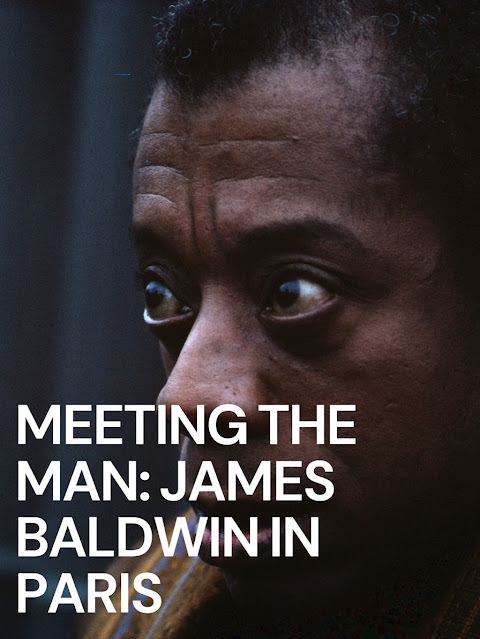"Black History Month 2017"
„Who taught you to hate the color of your skin? Who taught you to hate the texture of your hair? Who taught you to hate the shape of your nose and the shape of your lips?
Who taught you to hate yourself from the top of your head to the soles of your feet?
Who taught you to hate your own kind?
Who taught you to hate the race that you belong to, so much so that you don't want to be around each other? You know. Before you come asking Mr. Muhammad does he teach hate, you should ask yourself who taught you to hate being what God made you.“
Malcolm X “Who taught you to hate the color of your skin?”
(May 5, 1962, Los Angeles)
................................
"Some of the children reacted with such intense emotion to the "doll test" or the "coloring test" that they were unable to continue. One little girl who had shown a clear prefernce for the white doll and who described the brown doll as "ugly" and "dirty" broke into a torrent of tears when she was asked to identify herself with one of the dolls."
Kenneth B. Clark
speaking about his "Doll test",
the text was taken from the Clark´s book "Prejudice and Your Child"
the text was taken from the Clark´s book "Prejudice and Your Child"
................................
"We all know that philological research will show that the word "Negro" was originally an adjactive meaning black. This is especially true of the latin languages; for example in Spanish, un hombre negro means a black man, and un caballo negro means a black horse. But logical grammar and just a little plain, common sense tells us that
when word "Negro" is used not to qualify,
but no denomination a race of people it is no longer an adjactive,
it is a proper name and should be written with a capital letter."
when word "Negro" is used not to qualify,
but no denomination a race of people it is no longer an adjactive,
it is a proper name and should be written with a capital letter."
James Weldon Johnson
"Negro" With a Big "N" August 17, 1918
Published in the book „Writings James Weldon Johnson"
................................
"Moreover if association and contact with Negroes is distasteful to you, what is it to white people? Remember that the white people of America will cetainly never want us until we want ourselves. We excuse ourselves in this case and say we do not hate Negroes but we do hate their condition, and immediately the answer is thrown back on us in the very words. Whose is it to change that condition? The job of the white people or the job of the black people themselves, and especially of their uplifted classes?
W.E.B Du Bois
The Essay "Integration", April 1934)
published in the book "W.E.B. Du Bois Writings"
................................
"One of the difficulties about being a Negro writer (and this is not special pleading, since I don't mean to suggest that he has it worse than anybody else) is that the Negro problem is written about so widely. The bookshelves groan under the weight of information, and everyone therefore considers himself informed. And this information, furthermore, operates usually (generally, popularly) to reinforce traditional attitudes. Of traditional attitudes there are only two--For or Against--and I, personally, find it difficult to say which attitude has caused me the most pain. I am speaking as a writer; from a social point of view I am perfectly aware that the change from ill-will to good-will, however motivated, however imperfect, however expressed, is better than no change at all."
James Baldwin
"Autobiographical Notes", the 1st chapter of "Notes of a native Son"
Published in "James Baldwin Collected Essays"
................................
"Can you imagine being rejected by a blind, white woman in the middle of the street while I was helping her across? When she heard that I was black, she told me to take my filthy hands off her."
John Hope Franklin
„Mirror to America: The Autobiography of John Hope Franklin“
John Hope Franklin
„Mirror to America: The Autobiography of John Hope Franklin“





